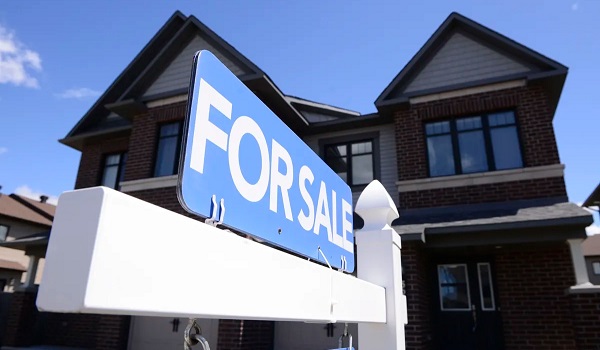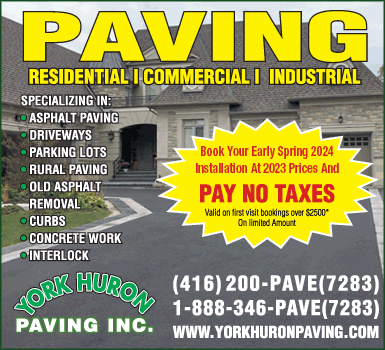Increasing number of Canadians considering an alternative path to owning a home
Would you buy a home alongside a friend or a relative? What about purchasing a property with a separate tenant unit to help pay the mortgage? Or rent a property with some of your rent adding up to a down payment?
Nearly half of Canadians who responded to a new survey commissioned by Re/Max said that they are open to purchasing a home through a method that differs from the traditional model of an independent buyer or couple purchasing a home for only their use. And over the next five years, Re/Max president Christopher Alexander says that alternative avenues for home ownership are expected to increase in the GTA between eight to 10 per cent.
“You would think that people would be backing off (from home ownership),” said Alexander, due to increased concerns over affordability. “But no, they’re actually getting creative, more and more, to buy homes and own real estate over the long term.”
The online survey, conducted by Toronto-based market research firm Leger, is based on the responses of 1,522 Canadians over a four-day period in late January.
In the survey, 49 per cent of Canadians said they would consider buying a home through non-traditional means. Of those who are current or perspective homeowners, 13 per cent said they have purchased a home using alternative methods, 32 per cent are currently exploring these avenues for home ownership, and 48 per cent would consider them in the future.

Alexander said the trend has seen a surge over the past three years, amid growing concerns over the rising cost of home ownership — which, coupled with a high cost of living in cities across the country, has led many to feel that home ownership may be out of reach. Areas experiencing the largest influx of newcomers are seeing the biggest upticks in people pursuing non-traditional home ownership paths.
The most popular alternative path to home ownership, which 22 per cent of respondents said they would consider, is renting to own, where perspective homeowners enter an agreement with a landlord or developer to rent for a period of time, with some of their rent going toward an eventual down payment on their home.
Alexander said he was surprised to see the popularity of this option, as it can take five to six years for people to become homeowners of their space under these agreements.
“For people with little to no credit or bad credit, rent-to-own can be a great way to build up equity and put money away every month toward a down payment,” said Alexander.
He personally would explore a quicker method, however, like purchasing a home alongside a friend or relative that is not a spouse or partner — an option that 21 per sent of respondents expressed interest in. But purchasing a home alongside someone else also comes with its challenges, Alexander said.
“When you’re buying in partnership, you have to make sure you’ve clearly defined what you’re getting into, because you’re not worrying about just yourself: you have another party that has rights and obligations as well,” he said.
Other arrangements homeowners have pursued include renting out part of their home through a secondary suite, using it for intergenerational family housing, or signing on to a reverse mortgage — an option where homeowners aged 55 and up can access some of their home equity through monthly payments in advance of selling their home.
“We have seen an uptick in all of these trends,” he said. “That’s really, to me, encouraging for the long-term health of the real estate market here in Canada, when people are going to different lengths to achieve their dreams of home ownership.”
This article was reported by The Star















